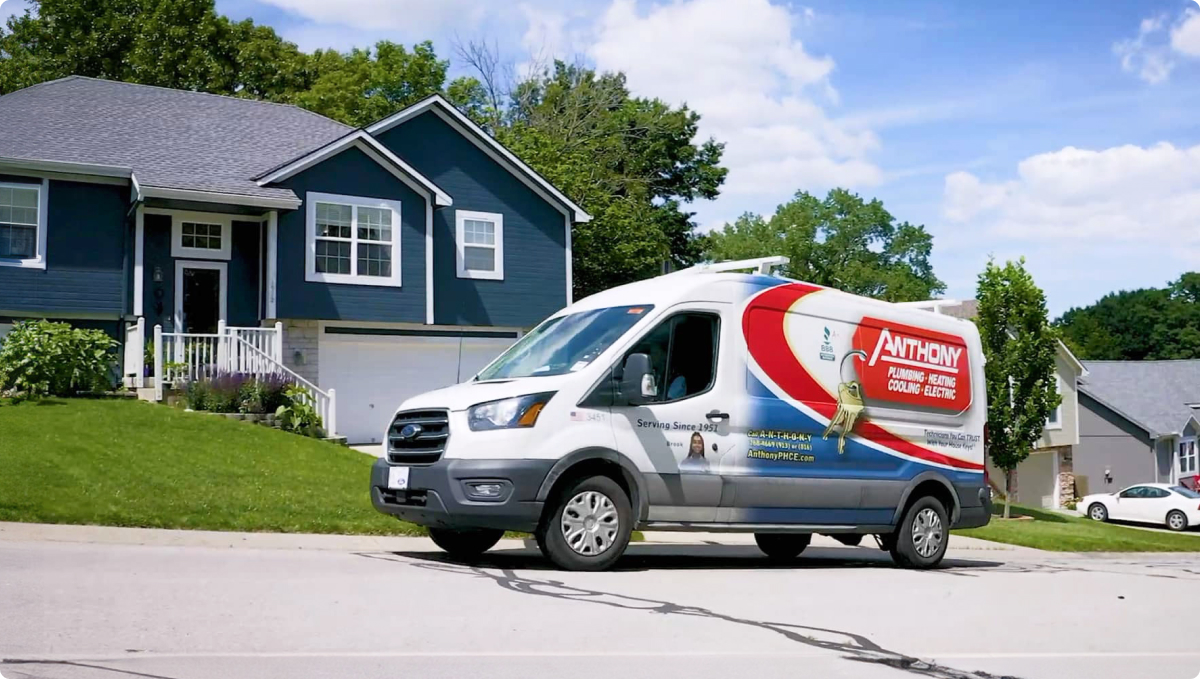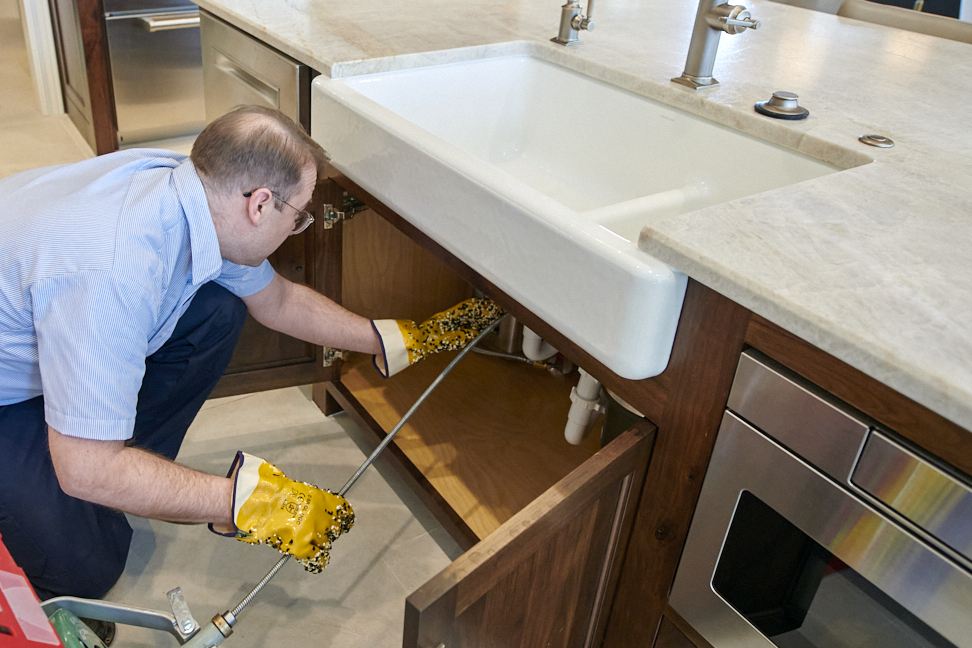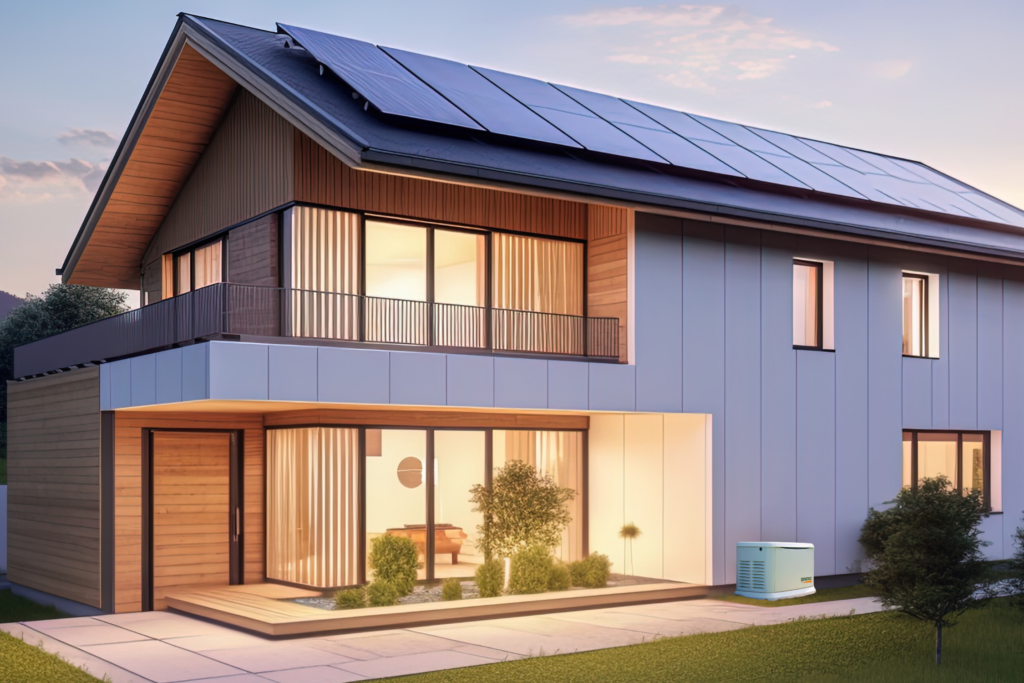Commercial Plumbing in Kansas City

If you’re the building manager for an apartment complex or business, you know how imperative it is to receive fast, reliable repairs. Our work reflects your reputation, so we seek to provide the best quality commercial plumbing in Kansas City. Our availability allows us to fix the issue right when it’s noticed. Whether you’re looking for industrial sink repair or a quick fix for a clogged toilet in a public restroom, we’ve got you covered. In this guide, we’ll cover the common plumbing issues that affect commercial buildings and some preventative steps you can take to save money on repairs.
Here are a few of the most common problems with commercial properties:
- Leaks (check for water stains and puddles)
- Exposed piping with corrosion (discoloration)
- Unusually low water pressure
- Orange, rust-colored water (sediment)
- Toilets that don’t flush correctly
- Drainage issues with faucets
If you notice any of these issues, call a certified professional immediately to get the problem taken care of.
Frozen Pipes
It’s that time of year again when the defroster runs on full blast and you dream of better days splashing around in the swimming pool. Freezing temperatures have made us dread going outside, but you shouldn’t have to dread frozen pipes. Commercial properties located in smaller structures or buildings that were previously used for residential purposes are particularly susceptible. You’ll want to pay mind to pipes that are exposed to severe cold, like water sprinkler lines, water supply pipes in unheated interior areas (garages), and pipes with little insulation that run along exterior walls.
Prevention
When water gets cold, it expands. This expansion within your pipes can cause them to break. It’s much easier to prevent frozen pipes than to repair broken pipes, so follow these steps to save yourself some trouble:
- Add insulation (pictured below) to areas of pipe that are exposed to prolonged periods of freezing temperature (pipe sleeves, UL-listed heat tape, or heat cable).
- Add insulation to hot and cold water pipes in unheated areas where water supply lines are located (Bonus Tip: If you’re thrifty, you can use ¼” of newspaper to provide pipe insulation).
- If you don’t have children that might tamper with harmful cleaners and chemicals left under the sink, open the kitchen and bathroom cabinet doors to circulate the warmer air inside.
- When the weather gets particularly chilly, allow a steady drip from faucets served by exposed pipes. The moving water can keep the pipes from freezing.
- Keep the thermostat at the same temperature during the day and night.
- If you know you’ll be gone for an extended period of time during a cold weather season, leave the heat on in your home and set the temperature to 55 degrees or higher.
By following these preventative measures, you can save thousands on commercial plumbing in Kansas City.
Natural Gas Lines
Though natural gas lines are generally reliable, they can struggle under extreme pressure. Common issues include gas leaks and loss of pressure, both of which require immediate attention. Unresolved gas leaks can have extreme consequences, like fire explosions or carbon monoxide poisoning. Trust us—it’ll make your day at the office MUCH worse. These gas leaks can be caused by gas appliances and piping that hasn’t been properly fitted or has cracks. Regular inspections ensure you catch the leaks before they endanger the health of your tenants.
Water Lines
Since commercial buildings access a HUGE amount of water, your commercial water lines are constantly in use. Clogs and burst pipes can disrupt a business and force tenants to reconsider their housing choice. Our expert technicians know how to clean out pipes and address repeat issues to see what the cause is. Shoddy installation might be the culprit, in which case we can re-install the pipes to ensure you don’t waste money fixing the problem over and over again.
Isolating Waste Water
To prevent waste water from mixing with the potable water supply, backflow prevention is necessary. The waste water collection system is the main part of this prevention strategy, which is why municipalities require that commercial properties show annual proof that their system is working correctly. Backflow prevention is closely interlinked with water pressure. While water is normally maintained at a specific pressure to allow easy flow from the tap/ shower/other fixture, this may be hindered or reduced when a water main bursts, your pipes freeze or there is an unexpectedly high demand for water. When this pressure is reduced, contaminated water from soil or storage can sneak into the system. Without a proper backflow prevention device fighting this contamination, your water could start tasting funny…
Drain Cleaning Maintenance
The most common commercial plumbing problems we come across are clogged drains in public restrooms, faulty industrial sinks in restaurants, and issues with floor drains in warehouses. All of these issues could be prevented with proactive drain cleaning from commercial plumbing in Kansas City. Instead of just opening pipes, our expert plumbers fully clean out the pipe (utilizing video cameras if needed). The main sewer line may be to blame for your clog. At the root of the problem is normally water-seeking roots (haha…get it?) that can break through the line and block drain flow. We can cut away the roots to get your drains in working condition again. With clogged toilets, we utilize a special tool that removes the blockage and hugs the inside of the pipe to clean away grime.
Hidden Leaks
Though you may not be dealing with bathtub leaks in your commercial building, you WILL deal with leaky faucets and running toilets. Sure, some problems can be remedied with a simple silicone seal, but other times a complete part replacement is necessary. Hidden leaks are the worst, because they destroy your plumbing infrastructure without you even noticing at first. You may see negative effects on the piping, walls, ceiling or slab covering the pipe due to a hidden leak. You don’t have to wait until the water breaks through the slab’s surface or walls to detect a hidden leak; Just keep an eye out for these clues!
- Warm spots on your floor even though you don’t have heated flooring
- Moisture leaks may cause mold growth or mildew smells within your home
- A sudden increase in your water bill even though you aren’t using more than usual
- Water stains on floor, baseboards, walls and ceiling (pictured below)
- Hearing water running though the pipes in the wall when the water isn’t turned on
Apartment Problems
One of the most frustrating things as a building manager or owner is when tenants cause plumbing issues by using their fixtures improperly. To ensure you don’t have to pay for their mistakes, you should communicate with tenants to let them know best practices when dealing with toilets and faucets. Hopefully, they have enough common sense and respect for their building to abide by these rules. You can post signage in bathrooms and break rooms that clearly lays out what can’t be flushed down the toilet or rinsed down the sink. You can even send out an email if it becomes a repetitive problem. Prohibited toilet items include:
- Kleenex
- Tampons
- Sanitary napkins
- Paper Towels
- Tissue paper
- Unused pharmaceuticals
Items that should not be disposed down your drain include:
- Fats, oils and greases
- Large chunks of garbage
- Cat litter
- Metals, wood, straw or grass
- Plastics
- Corrosive substances
- Flammable or explosive liquids
- Paint, stains, and thinners
- Poisonous and hazardous waste
- Fertilizers, herbicides and pesticides
Fixing apartment building plumbing problems isn’t just a nuisance; It’s also a potentially expensive endeavor. Since repair and damage can affect multiple tenants, you need to get professional help as quickly as possible. You don’t want to deal with leaks that come down through multiple units or a pipe burst that requires water shut off for an entire building. Take preventative steps to keep your plumbing running smoothly, like routine maintenance from companies that specialize in commercial plumbing in Kansas City.
Building Codes
Building codes are meant to ensure the safety of everyone within the building, so it’s important that your plumbing follows these regulations. Fresh water and sanitary sewage disposal are basic requirements that can result in heavy fines if not implemented. If violations are especially severe, you could face project termination or delay until the issue is sorted out. Codes aren’t just there to make your job harder; they also protect property owners who hire contractors to perform professional services on their property. It holds contractors to a minimum quality. Breaking building codes may require assistance from commercial plumbing in Kansas City, so give us a call if you need help passing inspection.
Who Choose Us?
If you require commercial plumbing in Kansas City, we’re your guys. We have the correct contractor’s license to deal with commercial properties, our technicians receive 100 hours of training each year, and we have experience with industrial systems. As a larger company with a stellar reputation in Kansas City, we can handle any plumbing problem that comes our way. Give us a call!




